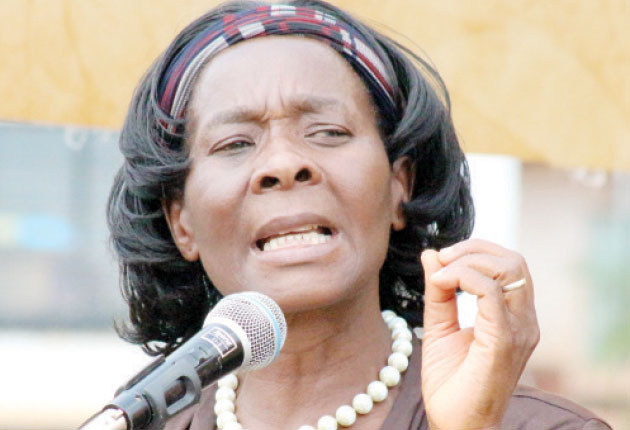SA extends permits – 2014 ZSP holders get 4-year lifeline

Nqobile Tshili, Chronicle Correspondent
THE South African government has extended the Zimbabwean Special Permit (ZSP) by four years for nearly 200 000 holders working in the neighbouring country.
South Africa said permits under the new dispensation will be known as Zimbabwean Exemption Permit (ZEP) and will expire at the end of 2021.
The ZEP, the South African government said, is non-renewable.
ZSP are due to expire on December 31 this year having been issued in 2014.
In a statement yesterday, South Africa’s Home Affairs Minister Professor Hlengiwe Mkhize said ZEP visas will only be allocated to 197 941 holders of the ZSP.
She said holders of ZSP visas should next week on Friday start applying for new visas whose entries will be closed at the end of November.
“Implementation of ZEP is as follows: The new ZEP project will begin on 15 September 2017. The ZEP is open for valid ZSP permit-holders only. We advise prospective applicants to submit applications online, from 15 September 2017, through the VFS website: www.vfsglobal.com/ZEP/SouthAfrica/com. Cut-off date for submission of applications is 30 November 2017,” said Prof Mkhize.
“An administrative fee of R1 090 will be charged. ZEP permits will be issued for a maximum period of four years, effective from 01 January 2018 and expiring on 31 December 2021, notwithstanding the date of application.”
She said the permit allowing its holders to work, study and or conduct business in the neighbouring country will not be renewed post 2021.
Prof Mkhize said the permit however, hinders the holders from changing their status while in South Africa.
“Conditions of the new ZEP dispensation do not allow a holder to change conditions of his/her permit while in South Africa. ZSP permit holders who wish to convert their status to any other mainstream visa should apply timeously for such visa from within SA provided they meet all the requirements for that visa,” said Prof Mkhize.
“A ZSP applicant will be allowed to travel using the ZEP receipt and the expired ZSP permit until such time as the ZEP permit is issued, without being declared undesirable.”
She expressed hope that Zimbabweans will take advantage of the permits to sort out their lives in preparation of their return to their country.
“I trust that the ZEP will go a long way in assisting the Zimbabweans to rebuild their lives as they prepare, at work, in business and in educational institutions, for their final return to their sovereign state — Zimbabwe — in the near future,” she said.
Prof Mkhize said the permits were being issued in recog-nition of the role played by immi-grants in the develop-ment of South Africa.
“We believe that migrants play an important role in respect of economic development and enriching social and cultural life. We remain conscious of the value of this approach.
“For instance, these dispensations have assisted in enhancing national security and the orderly management of migration,” said Prof Mkhize.
Zimbabwe’s Consul General in South Africa Mr Batiraishe Mukonoweshuro urged Zimbabweans living in South Africa to regularise their stay in the neighbouring country.
According to the International Organisation for Migration report of 2012, the extension of permits to 197 941 holders of the ZSP might be a drop in the ocean as an estimated 1.5 million Zimbabweans were illegally living in South Africa. — @nqotshili.











Comments